Last month the Smart Buildings Center (SBC) along with local businesses and professionals working within the clean building environment, came together for two in-depth workshops. The goal of these workshops was to create a pilot program that would help grow local manufacturer’s clean technologies, expand the SBC’s Tool Lending Library (TLL), and find the best ways to get these tools to users looking to reduce energy and carbon emissions in their buildings. Currently the TLL consists of over 950 tools including 85 unique types. Tools can be rented out locally for up to four weeks in Washington and Oregon. Users can go to the Smart Building Center’s website to reserve tools from the library and pick them up in person, or have them shipped to their location.
Industry leaders from across Washington and Oregon were represented in the workshops including King County’s rail and solid waste divisions, South Seattle College, Energy 350, Washington State Department of Commerce, Shoreline Public Schools, and Seattle City Light.
Inside the workshops, groups discussed how more manufacturers and tool borrows could be reached; and the value proposition of the pilot between the two. Feedback highlighted the need for getting the tools to people who normally wouldn’t have access to them, more training sessions of tools inside the lending library, and better ways to get them deployed into the field. The groups also worked on finding ways to work with local organizations in creating learning programs centered on attracting people looking to get into clean energy.
SBC sent out a survey in March asking TLL users why they use the library and how it helps them achieve their energy goals. Results from the survey came back with 93% citing how free access to tools and overall inventory depth supported them on new projects. Workshop participants spent time breaking down the survey results trying to find the best ways to expand library inventory while paying special attention to local manufactures and small business users. Providing future trainings, webinars, and access to volunteers within the clean energy sector were also discussed.
In both workshops participants were challenged to put the pilot program into action and build upon what is already in place. Not only getting cutting edge tools into peoples’ hands, but also the newest software that is currently being used in the market today. Local manufacturers shared their thoughts on optimal ways to get the tools they produce out to the public while receiving the feedback and success stories they need to improve their products. SBC discussed possible website updates where individual case studies could be posted and users could share their experiences and results that they achieved.
One of the many workshop activities was working on the role of diversity and inclusion in the pilot program. Considerations included how to reach more women and people of color, not only through the TLL, but also by bringing more representation when it comes to what start-ups, existing small businesses, and trainers in clean technology solutions are hosted at the library. Everyone worked on figuring out how to create more meeting spaces for collaboration and getting the word out to these specific communities.
Going forward, SBC will continue working with current TLL users, clean technology solution providers, and local municipalities and schools to expand the reach of the TLL. New tool manufacturers and interested tool borrowers across all demographics will continue to be sought after to share their ideas and expertise on what clean energy projects are being targeted for commercial buildings.
Click here to download a detailed report on these workshops.
This blog was written by Michael Oliver, SBC intern with the South Seattle College Sustainable Building Science Technology Program.
To learn more about the TLL or how to become an SBC partner, please visit www.smartbuildingscenter.org.
